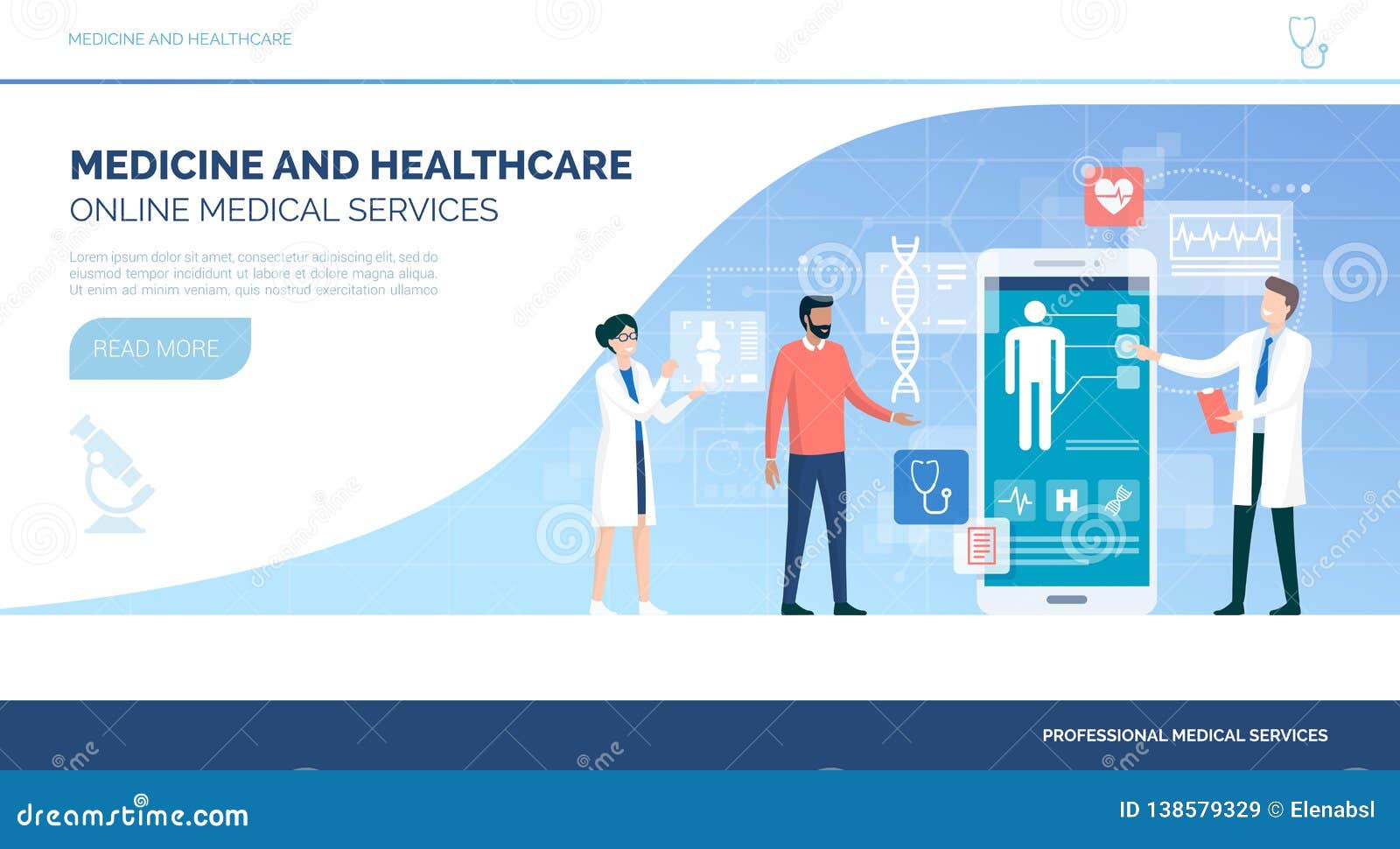Just How Subscription-Based Healthcare Is Changing the Medical Market

The Surge of Registration Medical Care
In the last few years, the medical care sector has actually observed a substantial change in the direction of subscription-based versions, reflecting more comprehensive customer fads preferring convenience and predictability. This transformation is driven by the enhancing demand for more personalized and accessible treatment remedies. Membership health care, in some cases referred to as concierge medication or direct medical care, provides clients a fixed month-to-month cost for a series of medical solutions, significantly modifying standard fee-for-service designs.
The rise of registration health care is helped with by advancements in modern technology, which make it possible for streamlined interaction in between clients and service providers - subscription based healthcare. Digital platforms and telehealth services have actually ended up being important, providing people the capability to schedule visits, access clinical records, and obtain assessments online. This technical combination not just enhances person engagement yet also permits service providers to supply much more reliable care
Moreover, the subscription model aligns with the developing expectations of clients who seek more control over their healthcare expenses and experiences. While this model is gaining traction, its proliferation faces challenges such as regulatory difficulties and the need for more comprehensive acceptance within the standard health care environment.
Benefits for Carriers and people
Subscription-based health care supplies a wide range of advantages for both people and carriers, reshaping the dynamics of medical care. For individuals, this version provides improved access to medical care solutions.
For health care suppliers, subscription-based versions cultivate an even more enjoyable and lasting method. Management tasks are frequently streamlined, decreasing overhead prices and permitting carriers to devote even more time to individual communication. Generally, subscription-based healthcare straightens the rewards of providers and clients, promoting a more patient-centered and reliable healthcare shipment system.
Secret Features of the Model
Regularly, the essential features of the subscription-based medical care design highlight its distinct method to delivering clinical services. Central to this model is the idea of predictable, month-to-month payments, offering clients a thorough series of services without the unpredictability of standard fee-for-service frameworks. This model typically consists of limitless accessibility to health care solutions, preventive treatment, and routine examinations, ensuring that individuals can involve with their doctor proactively instead of reactively.
Additionally, straight interaction networks, such as telemedicine and messaging platforms, are emphasized, allowing clients to receive timely guidance and examinations without needing in-person appointments. This improves access and convenience, specifically for people with movement constraints or those residing in remote areas. The version also fosters more powerful doctor-patient relationships, as doctor are incentivized to concentrate on long-term health and wellness results rather than temporary check outs.
Additionally, subscription-based health care typically integrates technological advancements, such as electronic health and wellness documents and wellness tracking applications, to provide individualized and effective care. Patients gain from coordinated and constant treatment monitoring, which is customized to their see this website certain health requirements. Ultimately, these attributes collectively develop a patient-centered healthcare experience, focusing on availability, cost this openness, and preventative treatment.

Considerations and difficulties
While the subscription-based medical care model supplies countless benefits, it is not without its considerations and challenges. Membership models might accidentally prefer those with greater socioeconomic standing, possibly broadening disparities in health care accessibility for lower-income people that might struggle with monthly charges.
Another obstacle lies in regulative compliance. Subscription-based healthcare must browse a complicated internet of laws that vary by area, consisting of problems around patient privacy, information security, and state licensing needs. Making certain compliance without hindering the design's versatility and technology can be daunting for service providers.
Furthermore, there is the threat of overutilization or underutilization of services. People paying a taken care of charge may overuse solutions, causing boosted functional prices, while others could underutilize because of be afraid of straining the system, possibly ignoring essential care.
Future Prospects and Innovations
The landscape of subscription-based healthcare is positioned for change via emerging developments and evolving leads. As modern technology continues to breakthrough, the assimilation of expert system and artificial intelligence provides significant opportunities to improve analysis accuracy and simplify client management. Predictive analytics can revolutionize preventative treatment by determining prospective wellness dangers before they materialize, thereby minimizing both expenses and the burden on healthcare systems.
Furthermore, telemedicine is readied to expand within subscription versions, offering individuals raised access to medical care experts regardless of geographical restraints. This not only promotes continuity of treatment but likewise encourages individuals to involve more proactively in their health administration. Additionally, blockchain innovation supplies prospective in safeguarding patient information and ensuring interoperability throughout platforms, promoting trust fund and transparency.
The advancement of personalized medicine is an additional frontier, with registration versions navigate to this site offering a special structure for delivering tailored wellness remedies. Genetic testing and individualized therapy plans can be perfectly incorporated, straightening patient needs with particular clinical interventions. In addition, collaborations in between tech business and doctor are most likely to generate cutting-edge solutions, enhancing client experiences and results. As these prospects materialize, subscription-based healthcare has the potential to redefine how care is supplied and accessed.
Conclusion
Subscription-based medical care is transforming the clinical industry by using a more easily accessible, foreseeable, and patient-centered method to clinical solutions. In spite of obstacles such as regulatory obstacles and possible disparities in gain access to, the registration model holds guarantee for an extra reliable and personalized healthcare experience.
Membership medical care, sometimes referred to as concierge medicine or straight key treatment, offers clients a set monthly charge for a variety of clinical solutions, significantly altering conventional fee-for-service designs.
In addition, the registration model aligns with the developing expectations of individuals that seek more control over their health care costs and experiences. For individuals, this design gives boosted accessibility to medical care solutions. Overall, subscription-based healthcare aligns the incentives of clients and carriers, advertising an extra patient-centered and reliable health care shipment system.
In addition, telemedicine is set to expand within registration versions, offering people boosted accessibility to health care professionals regardless of geographical restraints. - subscription based healthcare